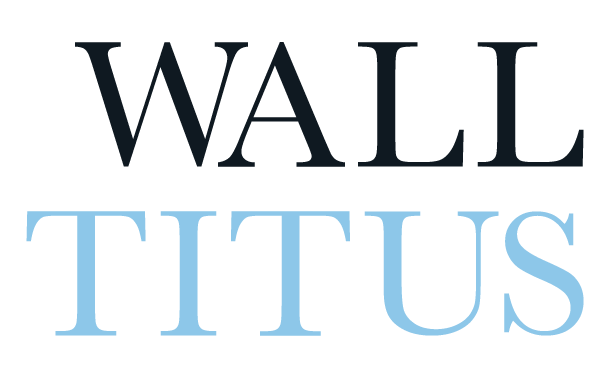October 29, 2014
The Federal Reserve announced the official end to its quantitative-easing (QE) program Wednesday afternoon — a decision in line with expectations. The statement included a few nuances that are worth pointing out.
First, consistent with previous commentary, the Federal Open Market Committee reiterated that interest rates on U.S. Treasury bonds would remain low for “a considerable time.” Second, the committee gave an upgrade to the U.S. economy in terms of jobs, household spending, and business investment, partially offset by a slower housing market. Third, the group indicated that they no longer see the labor force as underutilized — suggesting they view the job market as improving. They also believe the likelihood of low inflation has diminished, equalling less deflation risk.
So what does all of this mean? Well, for one, the U.S. economy is better. Thursday’s first revision of the third-quarter gross domestic product (GDP) is expected to come in at a 3.2% annualized rate. It also means the return of the debate over when the Federal Reserve will raise rates. We don’t believe that they will raise rates anytime soon, and when they do it will be very gradual. But, as always, the central bank will remain data-dependent.
Again, if rates go up for the right reasons, i.e.. a better economy, that will be a positive. It also likely means that the dollar will remain strong relative to other currencies, especially given that many countries are going the other direction in terms of easier monetary policies.
If you have any questions or comments, please feel free to contact us.
H. Lee Wall, CPA/PFS, CFP®
Wall Titus, LLC
